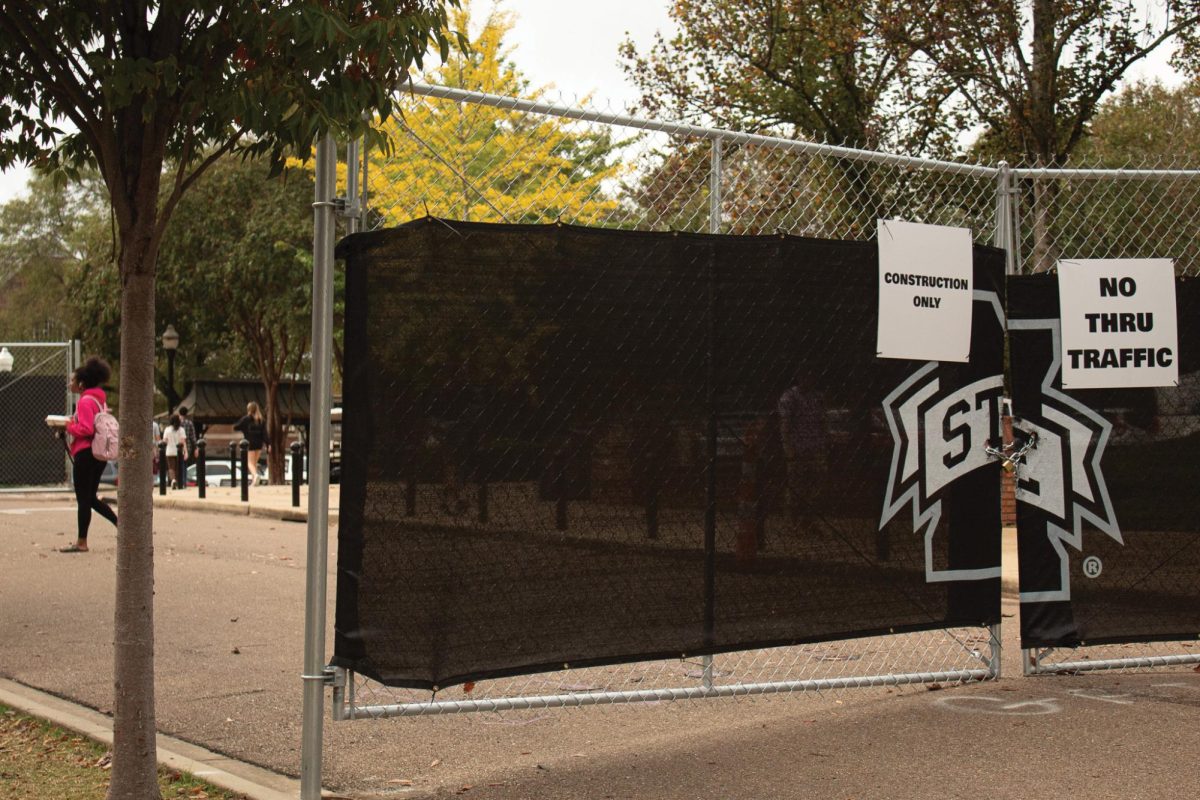“Don’t forget your adapters! Don’t dress like a tourist! Arrive at the airport early!” I have heard some variations of these at least ten times since I announced that I would be studying abroad in England this summer.
While I have heard most of this advice before and consider them to be common knowledge, I have compiled a list of tips that might go beyond the typical recommendations.
1. Start looking for study-abroad opportunities as soon as possible.
Freshman, when you first get here, it can be very easy to think you have all the time in the world before you must start planning your summer. Unfortunately, time flies by a lot faster than you think it will.
Start looking for study abroad opportunities as soon as you can. If you have a specific country you already know you want to visit, start looking for programs that allow you to go there, and perhaps more importantly, start looking for possible funding.
There are a few specific scholarships for study abroad that require some significant planning ahead before you can apply. If you wait too late, you may miss out on your chance to get it.
2. Once you know where you are going, start studying the culture and language.
This might seem obvious, but studying your chosen country’s culture will help you significantly while you are there.
If you have time and you are certain of where you are going, it might be beneficial to start taking language classes. English might help you scrape by and get you where you need to go, but if you are looking for an immersive experience, learning your country’s predominant language will be incredibly helpful.
If you do not have enough time for language classes, taking a chance with Duolingo or learning specific phrases will still be better than going in without any knowledge of the language at all.
Also, as weird as this may seem, make sure that you know the correct manners for the country you choose. Some cultures consider tipping rude, while in others a thumbs-up is equivalent to giving the middle finger. Knowing these things before you go might keep you from offending someone.
3. Know your airport and its regulations.
First and foremost, book your flight early. Typically, the earlier you book your flight, the cheaper it will be. And before you get to the airport, check in online. Many airlines have an online check-in that becomes available 24 hours before your flight departs. To make things even easier, download your airline’s app to check in quicker and receive notifications of any changes made to your flight.
If you have any sort of medicine, make sure you have your prescriptions with you in your carry-on. Keep any medicines in their original containers if you can, and get a note from your pharmacist and doctor for good measure.
In addition, take a picture of any prescriptions, along with any other important documents, including your passport, tickets, ID, etc., just so you have a digital copy. If you really want to go overboard, have a couple of copies of the prescription.
Do not forget that your glasses and contacts have prescriptions as well.
Also, check TSA regulations and make sure you are not carrying anything that is prohibited. Know the amount of liquid you can carry, and know that there are special requirements for some common things, like curling irons.
4. Be very conscious of what you pack.
Know whether you are going to have access to a washer and a dryer and how often, and know how much access to personal items you will have.
For clothes, plan your outfits very carefully. Make sure that you have clothes that you can switch up and wear differently. Though you may want to bring some unique clothing items, do not pack pieces you can only wear once.
For personal items, most places you can go will have an option to buy common toiletries. Do not waste space packing unnecessary items like big bottles of shampoo.
Remember to leave space for things you may want to take back. You will probably buy some clothes, shoes or other souvenirs, so you do not have to pack for every occasion.
5. Immerse yourself in the experience
Once you arrive, immerse yourself as much as you can. Do some research before you go and know where you want to visit. If you can, try not to only visit popular tourist attractions but search for the unique locations that truly embody the country’s culture.
Be friendly and meet new people. You might even be lucky enough to spend time with people native to the area who can show you an authentic abroad experience. If you get asked to go somewhere or do something, say yes — you may just meet people and make memories that you will remember for the rest of your life.
Do not be afraid to step outside your comfort zone and try new things. If you get the chance, ask people what their favorite restaurant, shop or activity is, and you will be more likely be pleasantly surprised by the unique places you will experience.
And of course, take as many pictures as you can. Before you leave, clean out your camera roll and make sure you have plenty of space for photos. Even if you think you do not want to be taking pictures all the time and ruin the moment, your future self will thank you for preserving so many memories.
While some of these tips may have been obvious, hopefully your eyes will catch a new piece of advice here to help you plan for your study abroad trip.


























































































